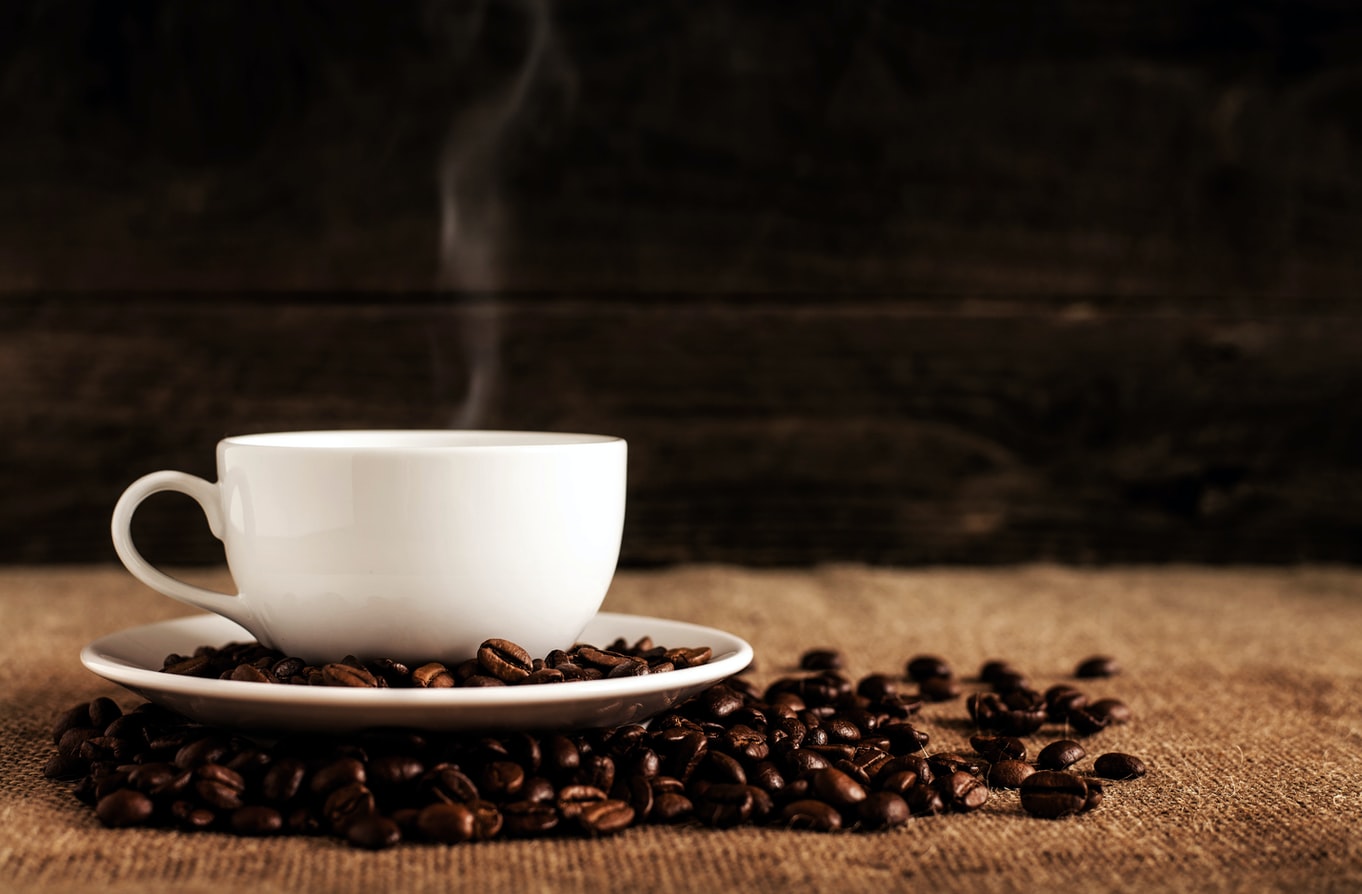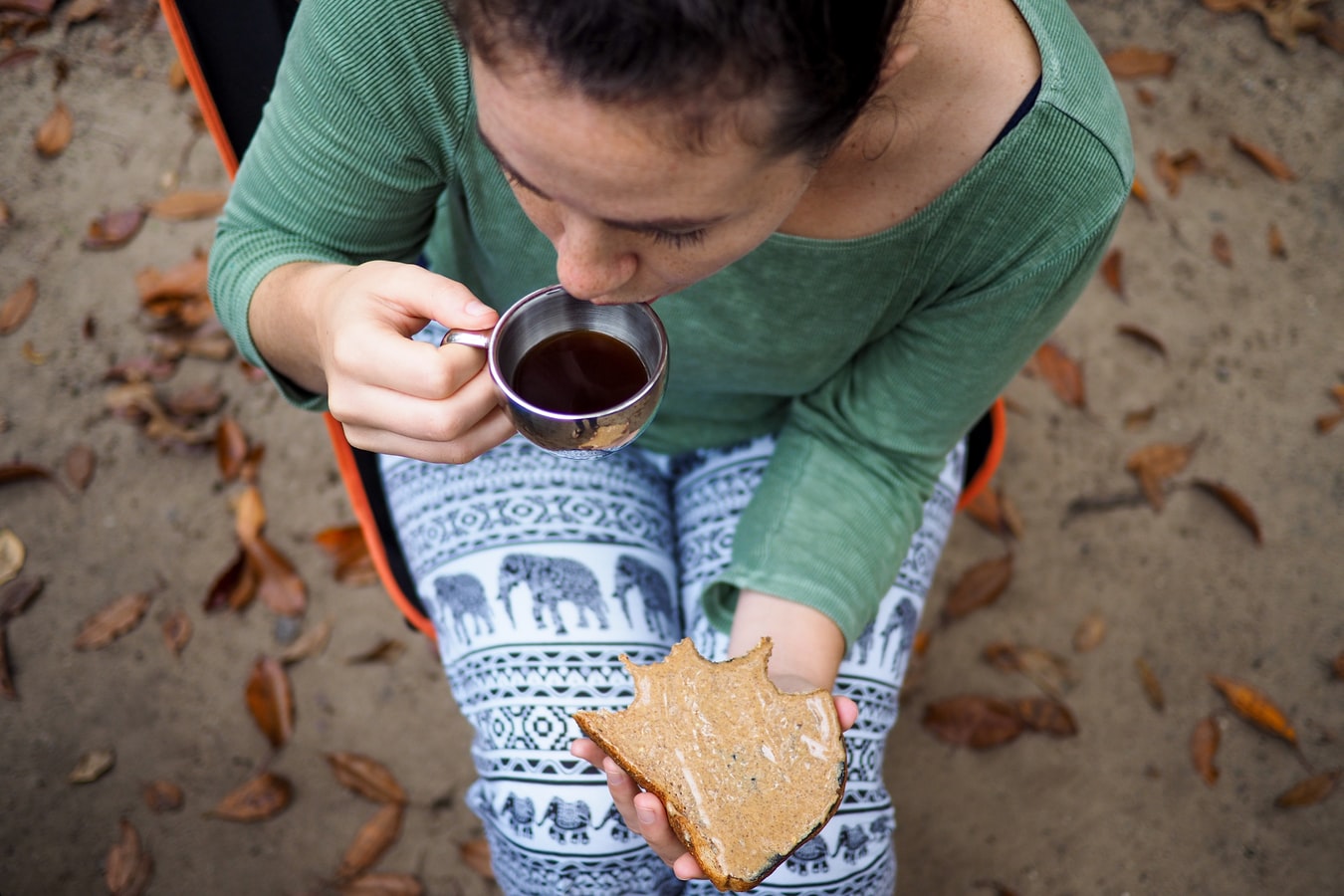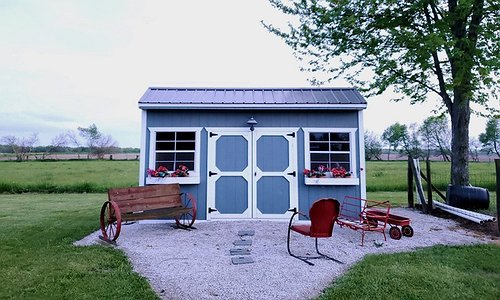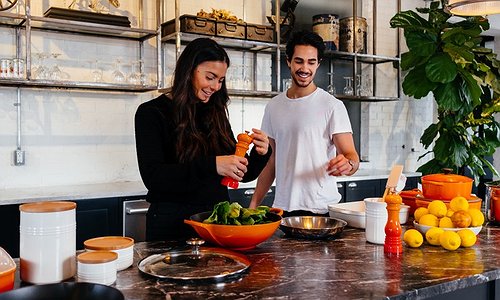Magic potion in a cup?
What exactly is it that makes us love coffee so much?
Coffee. The word alone is enough to jolt those parts of our brain that store odours/smells in the sensorial and emotional context into action. It is almost safe to say that the biggest part of the population absolutely love their morning (or all-day) brew. So, if you happen to be a coffeeholic, read on!
Its origin
Coffee beans are - in essence - berries which are harvested from the Coffea plant, native to the tropical regions of Africa and Madagascar. The history of coffee dates back to the early 15th century (and even earlier), when the first reports and legends around its use began to surface.

The term, “coffee”, was taken up in the English language in 1582. The Dutch named it “koffie”, which they derived from the Ottoman Turkish “kahve”. The Turks, in turn, borrowed the name from its Arabic name, “qahwah”.
It’s all about the preparation!
Coffee is available in a multitude of forms, strengths and flavours. It can also be prepared in a myriad of different ways.
Here are six of the most popular methods in which coffee are brewed:
• Drip filtration – through the use of either an auto-drip machine or by manually using the pour-over method.
• Steeping or immersion – during which ground coffee has constant contact with hot or cold water, and the coffee is steeped for a given period of time.
• Pressurized infusion – otherwise known as the espresso technique - where water under pressure is shot through coffee that has been finely ground and tightly packed.
• Vacuum filtration – which takes a lot of work involving a syphon and tedious, finicky methods (let us leave this one to the experts in restaurants and cafes!).
• Decalktion – which involves the boiling of water with coffee above the boiling water. As the water boils, the coffee above is extracted.
• Percolation – a famous method which involves water boiling through coffee which has been finely ground, and the coffee is then collected above it.
Each to his/her own
People all have their own preferences as far as the preferred type of coffee, method of preparation and the way in which they drink it, are concerned. Some of the most popular ways - among others - in which coffee can be enjoyed, are:
• Caffe Americano
• Café Latte
• Cappuccino
• Espresso
• Macchiato.
Nowadays, the milk in coffee can be substituted with coconut milk, soy milk and other alternatives for those who are either lactose intolerant or who follow vegan lifestyles.

Coffee – liquid heaven or health risk?
Too much of anything can impact our health negatively. It is therefore always a good idea to practice moderation.
Although coffee can have a negative effect on your metabolism and hormones, it has definite health benefits. These include (but are not restricted to):
• Boosting productivity
• Lowering the risk of Alzheimer’s
• Lowering the risk of Melanoma Skin Cancer
• It has antioxidant properties
• It appears to lower the risk of a stroke
• It may reduce the risk of Type 2 Diabetes.
In conclusion…
Although coffee is regarded by most of us as a crucial morning fix, it is steeped in centuries of history, and essentially encompasses a multitude of cultures in one cup.
Written by: Liezel Thorne
Subeditor: Lynette Brink
Editor: Anchen Coetzee



